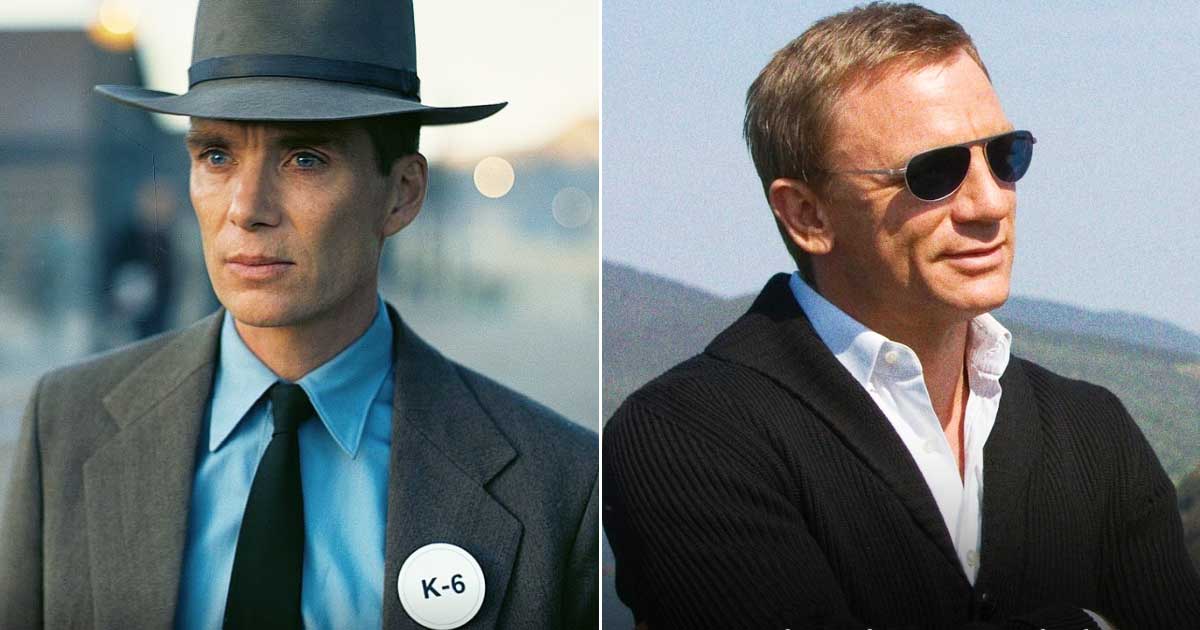Cillian Murphy threw his hat out of the ring in an era where the “Bond” mantle is up for grabs. Instead, he suggested a woman should don the iconic 007 tux. His perspective? “It did feel kind of pivotal,” Murphy remarked, signaling a departure from Bond’s classic mold. This was classic Murphy, blending introspection with a sharp awareness of cultural evolution. But if there’s anyone who knows a thing or two about shaking up old molds, it’s Murphy himself.
In the summer of ’96, Murphy was at his pivotal moment, a young man at a crossroads in Cork. His law exams at University College Cork? Flunked. The record deal with his funky, Frank Zappa-inspired band? Declined. And then came Disco Pigs, the play that would change it all. Murphy jumped in, untrained and uncertain, alongside then-unknown writer Enda Walsh. Four transformative weeks later, his life was set on an acting course. “I remember the confidence of youth … when you’re 19 or 20, nothing seems permanent. It was an adventure.”
Flash forward, and Murphy’s “adventure” has become a pop-culture phenomenon. With the fifth season of Peaky Blinders—featuring his iconic portrayal of mob boss Tommy Shelby—Murphy didn’t just star in a show; he became a style. The unmistakable haircut of the three-piece suits suddenly spiked in popularity, and a cultural footprint spilled over into everything from fashion to video games. “When something influences fashion, that’s the most visual message you get back that there’s an impact,” he said.
But Murphy’s journey wasn’t all suited and booted swagger. From the gritty depths of 28 Days Later to playing a tortured WWII soldier in Dunkirk, Murphy gravitated toward roles with raw emotional depth. Yet, with Peaky Blinders, he questioned the violent world he helped bring to life, particularly today’s climate. Violence, after all, isn’t just an act—it’s a statement. “I don’t believe anything should be gratuitous,” he explained, emphasizing the show’s conscious effort to reflect the consequences of brutality, even amid the gangster genre’s heightened world.
As Peaky Blinders evolved, so did Murphy’s role. He now wears a producer’s hat, balancing on-screen grit with real-world responsibility. When the fifth season’s plot tapped into the rise of fascism in the 1930s, Murphy saw the echoes of the present. Mosley’s populist rhetoric in the series? Strikingly familiar. “You can hold a mirror up to what is happening now, and it’s a more elegant way of doing it,” he explained.
Though Murphy’s career would eventually see him turning down potential Bond rumors, his journey from law school dropout to cultural icon proves an unshakeable drive. And as for that Bond-shaped gap in his resume? He’ll be just fine without it, thank you. For Murphy, it’s all about the roles that did find him—and maybe a simpler life in Ireland, far from the spotlight but never far from the next pivotal turn.
For more such updates, check out Hollywood News on Koimoi.
Must Read: Why Was Tom Cruise Denied Permission To Shoot Mission Impossible In Kashmir?
Follow Us: Facebook | Instagram | Twitter | Youtube | Google News







